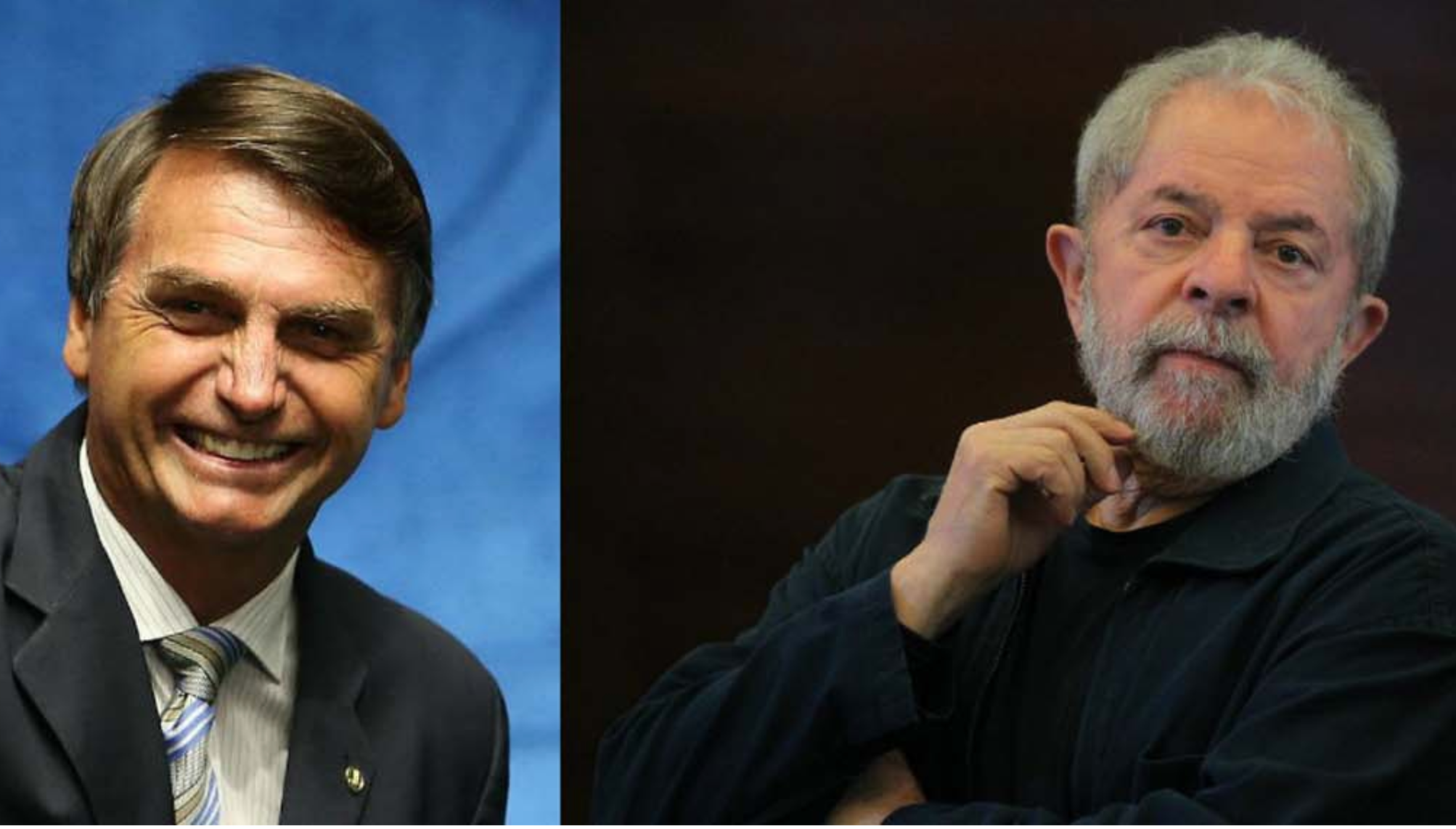Theme
After years shaped by enormous economic difficulties –aggravated by a devastating COVID-19 pandemic– and growing diplomatic isolation, Brazil is heading towards a presidential election which will have a profound impact on the country’s place in the world.
Summary
At the upcoming presidential elections, the two leading candidates represent two strongly diverging world views and differ on what Brazilian foreign policy should look like. Jair Bolsonaro has pursued an ‘anti-globalist’ and anti-environmental strategy and systematically utilised international topics to mobilise his followers –for example, by attacking China and by embracing Trump-inspired theories about voter fraud in the US elections and COVID-19 or by questioning the science behind climate change–, which has contributed to Brazil’s growing isolation on the international stage, affecting the country’s ties to the US, China and Europe. Lula da Silva, on the other hand, represents a return to Brazil’s more traditional foreign-policy stance with a greater emphasis on multilateralism and a more cooperative international posture. Contrasting Bolsonaro’s denialist stance in the realm of the environment, Lula da Silva has promised to prioritise the reduction of deforestation and protection of indigenous peoples, recognising that he could have done more on the environmental front when he was President from 2003 to 2010.
Yet despite occupying completely different positions on the ideological spectrum –regarding issues such as economic inequality, democracy, human rights, abortion, the environment and public health–, geopolitical realities will produce a number of challenges over the next years that both Bolsonaro and Lula would seek to address, if elected to govern for the upcoming presidential mandate, in a broadly similar fashion: in a world increasingly shaped by geopolitical tensions and great-power politics, Brazil will most probably continue to pursue its traditional strategy of seeking to preserve its autonomy and maintain cordial ties to all major centres of power, such as the US, the EU, Russia and China.









